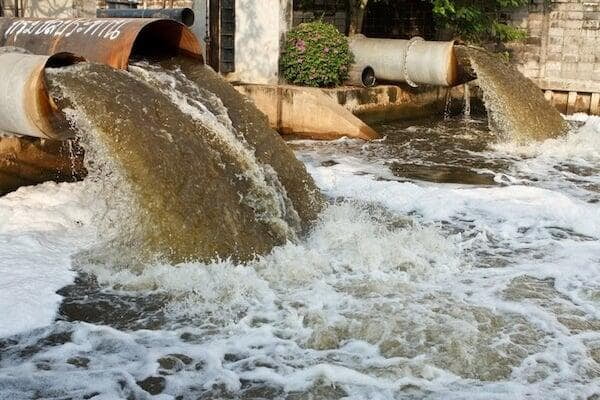Introduction
Introduction
Water scarcity is a growing concern across the globe, and industries are under increasing pressure to manage their water resources more efficiently. One of the most effective ways to address this challenge is through the reuse of treated water. By recycling water within industrial processes, companies can reduce their environmental impact, lower operational costs, and contribute to sustainable water management.
Benefits of Reusing Treated Water
Benefits of Reusing Treated Water
- Cost Savings: Treating and reusing water on-site reduces the need to purchase fresh water, lowering operational costs. Additionally, companies can save on wastewater disposal fees by minimizing the volume of effluent they discharge.
- Environmental Protection: Reusing treated water helps conserve freshwater resources and reduces the demand on local water supplies. This practice also decreases the environmental impact associated with extracting, transporting, and treating fresh water.
- Regulatory Compliance: Many regions have stringent regulations regarding water usage and wastewater discharge. By reusing treated water, industries can more easily comply with these regulations, avoiding potential fines and legal issues.
- Improved Public Image: Companies that adopt sustainable practices like water reuse demonstrate their commitment to environmental stewardship. This can enhance their reputation with customers, investors, and the community.
Applications of Reused Water in Industries
Applications of Reused Water in Industries
- Cooling Systems: One of the most common uses of recycled water in industries is for cooling systems. Treated water can be used in cooling towers, reducing the demand for fresh water and minimizing wastewater production.
- Boiler Feedwater: Treated water can also be used as feedwater for boilers. Proper treatment ensures that the water meets the quality requirements needed to prevent scaling and corrosion in the boiler system.
- Process Water: In some industries, treated water can be used directly in manufacturing processes. For example, in the food and beverage industry, high-quality treated water can be used for cleaning, rinsing, and even in the product itself, depending on the level of treatment.
- Irrigation and Landscaping: Many industrial facilities have extensive landscaping or agricultural operations. Reused water can be applied for irrigation, reducing the need for potable water and enhancing sustainability.
Technologies for Water Reuse
Technologies for Water Reuse
- Reverse Osmosis (RO): RO systems are widely used to treat water for reuse by removing dissolved salts and other impurities. This technology is particularly effective for industries requiring high-purity water.
- Membrane Bioreactors (MBRs): MBRs combine biological treatment and membrane filtration to produce high-quality treated water. They are ideal for industries looking to reuse water for various applications, including process water and cooling.
- Advanced Oxidation Processes (AOPs): AOPs use chemical oxidation to break down organic contaminants in wastewater, making it suitable for reuse in sensitive applications.
- Ultrafiltration (UF): UF systems use membranes to remove suspended solids and pathogens from wastewater, producing water that can be reused for non-potable applications like irrigation and cooling.
Challenges and Considerations
Challenges and Considerations
While the benefits of reusing treated water are clear, there are also challenges to consider. These include the initial investment in treatment infrastructure, the need for ongoing maintenance, and the potential for changes in water quality that could impact industrial processes. Companies must carefully assess their water needs and select the appropriate treatment technologies to ensure successful water reuse. For better assessment and know how of new applications, visit Water Today’s 18th Water Expo in Chennai from 26 – 28 February 2025.
Conclusion
Conclusion
Reusing treated water in industries is a practical and sustainable solution to the growing challenges of water scarcity and environmental conservation. By investing in water reuse technologies and practices, industries can not only reduce their operational costs but also contribute to a more sustainable future. As regulations tighten and public awareness of environmental issues grows, the importance of water reuse will continue to rise, making it an essential component of any forward-thinking industrial operation.



